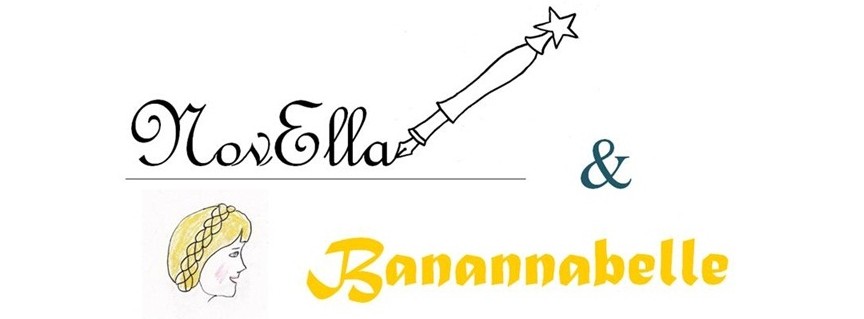What had the power to frighten Egyptian and Greek mathematicians? The power to destroy their entire foundation of logic and mathematics? It’s the number zero—the most important tool in mathematics.

When was the last time you thought about the number zero? Everyone knows that zero comes before one – but wait! Look at your keyboard or at your phone; where is the zero? It’s contentedly sitting after the number nine, as though it belongs there.
Almost everyone starts counting with the number one. What about counting backwards? A countdown, such as on New Year’s Eve, usually ends after one: 3-2-1-go, -liftoff, -Happy New Year, or –ZERO!
Charles Seife’s book Zero: The Biography of a Dangerous Idea spins the tale of the innocuous zero, which could be the key to everything.

“Charles Seife traces the origins and colorful history of the number zero from Aristotle to superstring theory by way of Pythagoras, the Kabbalists, and Einstein. Weaving together ancient dramas and state-of-the-art science, Zero is a concise tour of a universe of ideas bound up in the simple notion of nothingness.”
Believe it or not, zero is closely linked with the idea of the infinite. Almost like opposites, zero and infinity can pose similar problems to mathematical equations.

The book Zero is a fascinating account, and you don’t need a math background to understand it! (Although some of the equations may not be for everyone…). If you’ve ever wondered about the origin of zero, or even why there are 60 seconds in a minute, I recommend reading Zero: The Biography of a Dangerous Idea.

Fascinating! Who knew ‘zero’ held such importance.